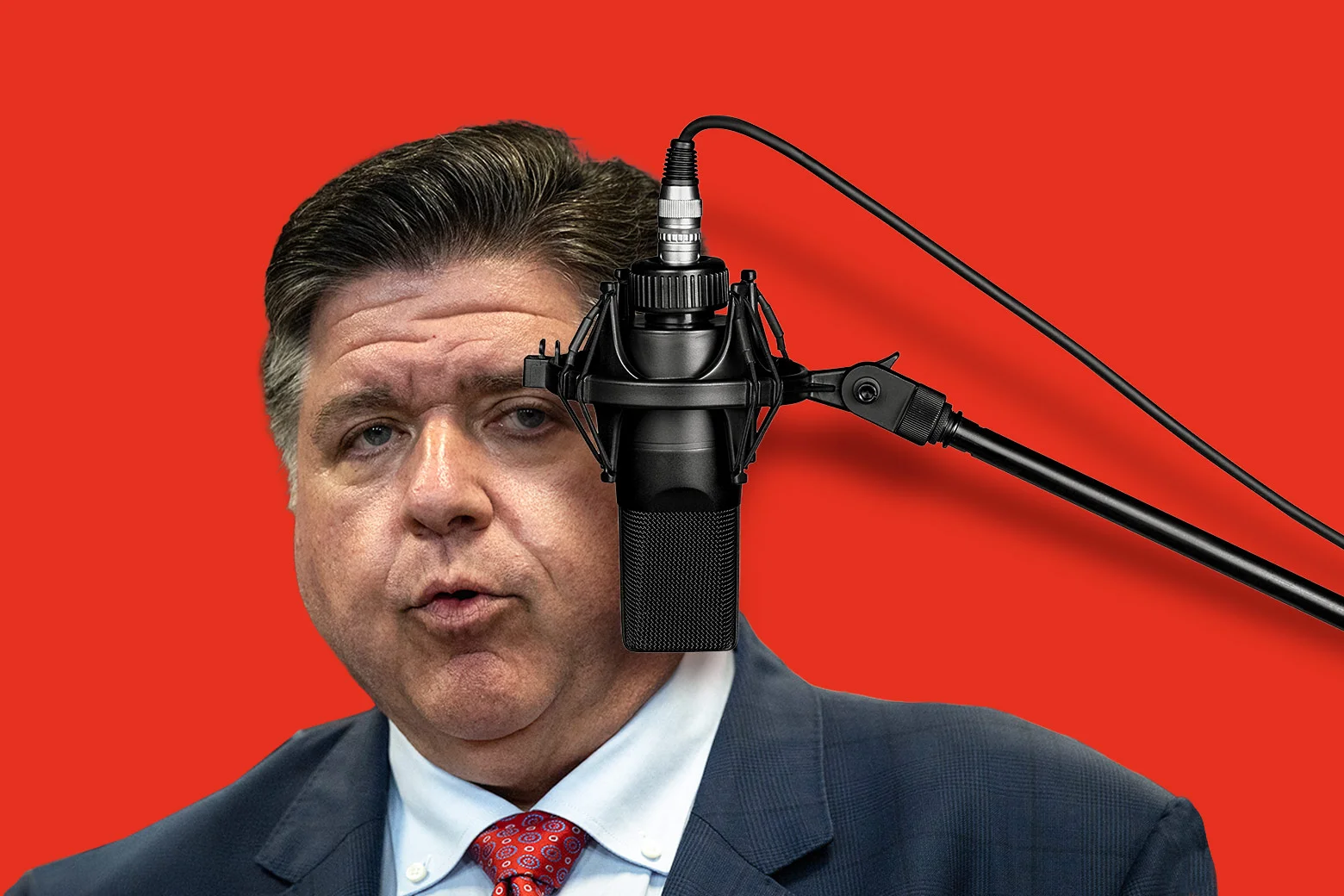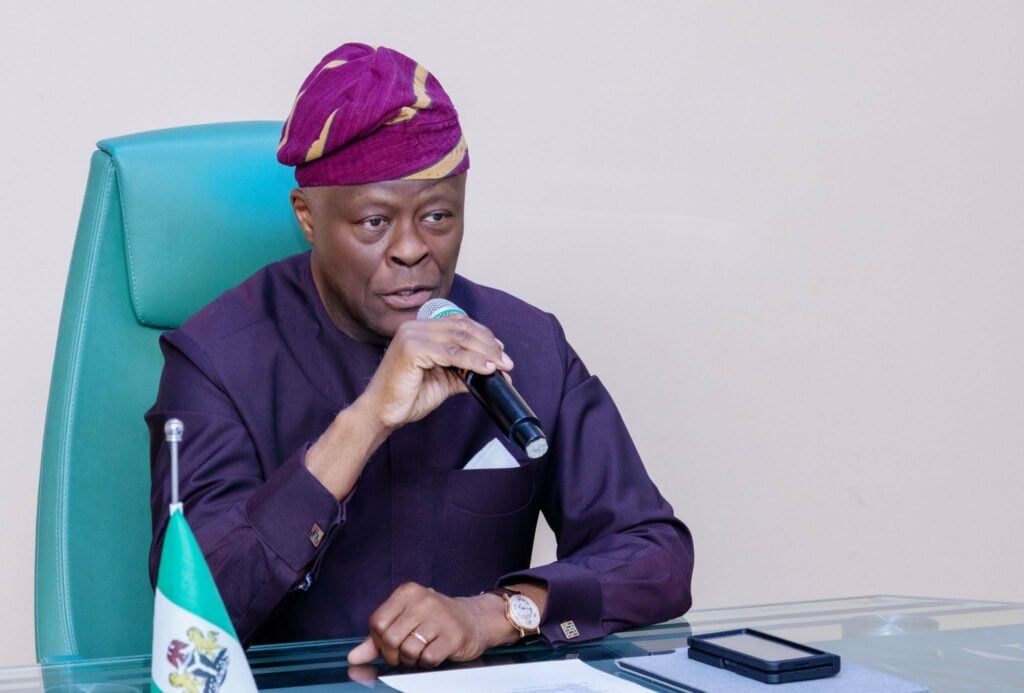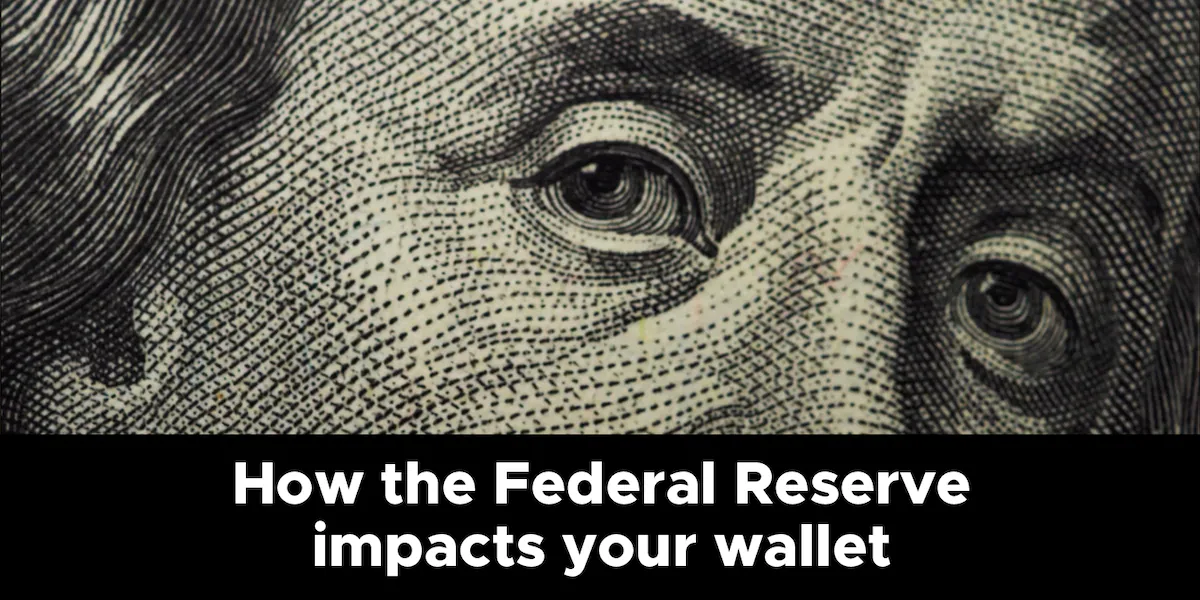
Sign up for the Slatest to get the most insightful analysis, criticism, and advice out there, delivered to your inbox daily.
If the aftermath of the 2024 presidential election could be summed up in the style of Dustin Hoffman learning about plastics in The Graduate, it would be: Podcasts. (“One word, Benjamin: Manosphere.”)
Donald Trump went on every show he could; Kamala Harris didn’t. And in the contemporary “attention economy,” as lab-grown paid-media sound bites lose their potency, Trump won decisively with the part of the electorate whose last-minute votes are guided by vibes and auras—also known as the most important part of the electorate.
That’s not really the entire story of 2024, but it’s true as far as it goes, and many of the Democrats who appear to be considering 2028 candidacies certainly seem to believe it. These fellows (and they are entirely fellows) are laser-focused on the power of streaming chit-chat: California Gov. Gavin Newsom has his own personal pod, as does Kentucky Gov. Andy Beshear; former Transportation Secretary Pete Buttigieg doesn’t, but he’s appeared on at least 14 others since March. Arizona Sen. Ruben Gallego and Connecticut Sen. Chris Murphy have been similarly prolific in their guesting. California Rep. Ro Khanna is essentially a podcast in human form. Mansplaining, it would seem, is back in a big way.
None of those figures, though, has made as much noise IRL recently as Illinois Gov. J.B. Pritzker. The governor’s effort to prevent Donald Trump from deploying the National Guard to Chicago by promising ferocious legal and political resistance has, at least temporarily, succeeded. This has led naturally to speculation that he might be “the guy”—a leader who can arrest Trumpist authoritarianism while also positioning himself for 2028.
The case for Pritzker is easy to make. He has publicly called on other Democrats to stop being so equivocal and cautious all the time, aligning himself with his party’s fed-up primary voters. But he is not a socialist, and has never advocated the kind of radical positions—defunding the police, putting billionaires in work camps, etc.—that are assumed, among influential centrists, to be poisonous with the general public. This makes some sense, because he is a billionaire and former venture capital executive himself. And while that’s a potential liability with certain lefty subgroups, he has handled it well by leaning into the big-bossman tycoon/warlord character that his fans have developed for him online. (He’s also been open to discussing and joking about his robust build.) Franklin D. Roosevelt, Pritzker’s supporters will have you know, was also a traitor to his class.
What of his long-form audio skills, though? Does Pritzker have “the juice” in the format in which the campaign is expected to be won and lost? How does he fare in front of a hanging microphone, at a circular table, in a small studio with a neon sign that says BACON hanging behind him on a wall? Could he field questions about vaping, sports gambling, and raw milk for three hours from a 26-year-old named Jaydyn whose take on politics is that it’s “just so crazy sometimes”?
I listened to Pritzker’s recent appearances on comedian Hasan Minhaj’s interview show and the American Fever Dream podcast to explore the question. And I regret to report to Pritzker’s fans that the answer to “Will he have what it takes in the crucible of the BACON studio?” is probably not. The governor, in these settings, was an amiable but not especially compelling guest. The coin of the realm on such shows is small-talk riffing and discursive, big-ideas bullshitting, and he excelled at neither. He does not have the podcast juice, or at least does not have it yet.
On American Fever Dream—a left-leaning program “dedicated to curing the collective malaise brought on by our chaotic political environment”—his response to a question about how Democrats can do a better job communicating with voters was indicative. This is a question any 2028 aspirant must expect, and it presents a dual opportunity: to show empathy for the working-class voters who’ve been leaving the party, and to make the case that one’s personal agenda—abundance, affordability, the rule of law, more Obamaphones, whatever!—would be a winning agenda. Here’s what Pritzker said:
I think, in this country of—we have to get our message through to people. We have to make sure that there are platforms that we all subscribe to and are part of where we can get that message out. And then I think, you know, there have to be people who sit in important positions, governors, senators, and so on, who share our values, who are out on the hustings all the time, pushing that and coming onto programs like yours, right? A podcast like yours and, and just, you know, talking about what’s real. I don’t think Democrats have done enough of that, just being themselves, talking about what it is that really matters to average folks out there, and to the most vulnerable Americans.
I’ve seen this question answered better in the last month by a state Senate candidate in Iowa—and by Fever Dream host Sami Sage, who, after describing the paranoid and defensive posture that the right wing encourages in American men, suggested that Democrats should try instead to “trigger their protective instinct towards things that actually need protecting.” Timely, memorably worded, sort of galaxy-brained—that’s podcast gold! Compare that to Pritzker’s wandering, generic “we need to communicate better by communicating better” take, which is something that anyone could have said, including, respectfully, former President Joe Biden.
That Pritzker doesn’t have a natural feel for such material is a bit surprising given his history in venture capital, a cultural space that celebrates the visionary elevator pitch. His mouth sometimes trails behind his brain; he told Minhaj he believed in protecting “the powerless” against “the most powered.” He drops press-release filler language like “railed against” and “running roughshod” into what is supposed to be casual conversation. And like many Democrats, he suffers from “Working Families” syndrome, using the phrase as a disfluent utterance in the way that others might say “um,” “like,” and “you know.” There are classes you can take for that, sir!
This is not necessarily just a public-speaking problem. Successful presidential candidacies are usually driven by a unifying idea that appeals to voters’ ideals and material interests alike. As a loyal Democrat, what would it say about you to support J.B. Pritzker? As an undecided voter, what would you get out of it? If you struggle to fill airtime on podcasts about big thoughts, maybe it’s because you haven’t done enough big thinking. When Pritzker finds himself explaining why he does what he does, he often falls back on the vague language of noblesse oblige—that “we” have a responsibility to “lift up” or “stand up” for “the vulnerable.” It’s patronizing, like something that would be said at a charity gala—and while well-meaning, potentially inadequate to a historically skeptical and cynical era. A let’s-do-good message may not be big enough to “meet the moment,” that is, when the nature of the moment is that everyone feels like things are going wrong everywhere, not just for the downtrodden folk on the news.
So should you be shorting Pritzkercoin on Polymarket? I’m not saying that. There are other forums to which he is well suited, like theatrically combative press conferences and high-stakes Sunday show segments. In these settings, he conveys confidence, toughness, and being-in-chargeness. He has a command of facts about how government works and what it should and shouldn’t do; his explanation on Face the Nation of how national and state/local authorities already cooperate on drug interdiction and gun violence in Chicago—without any help from the National Guard—is a good example of this. That’s meeting the moment with the force it calls for!
So should you be buying J.B. Pritzker on Polymarket? No, because the election is not until 2028 and there will be an entirely different set of national problems, zeitgeist sub-demographics (Abundance Dads?), and perhaps even mediums of communication (horizontal video????) to worry about by then. It’s also worth adding that Democrats maybe shouldn’t stake all their party’s hopes on finding a charismatic political genius messiah figure to put at the top of the national ticket; while this has been successful more often than you might think, they’re still only finding such a person at a rate of one every two decades. There are in theory other ways to construct a party besides an informal nationwide talent search for the man or woman with the most podcast juice. How? I don’t have space to get into all of it here, but it’s the kind of thing you could discuss for hours on end, if someone would give you the time.



